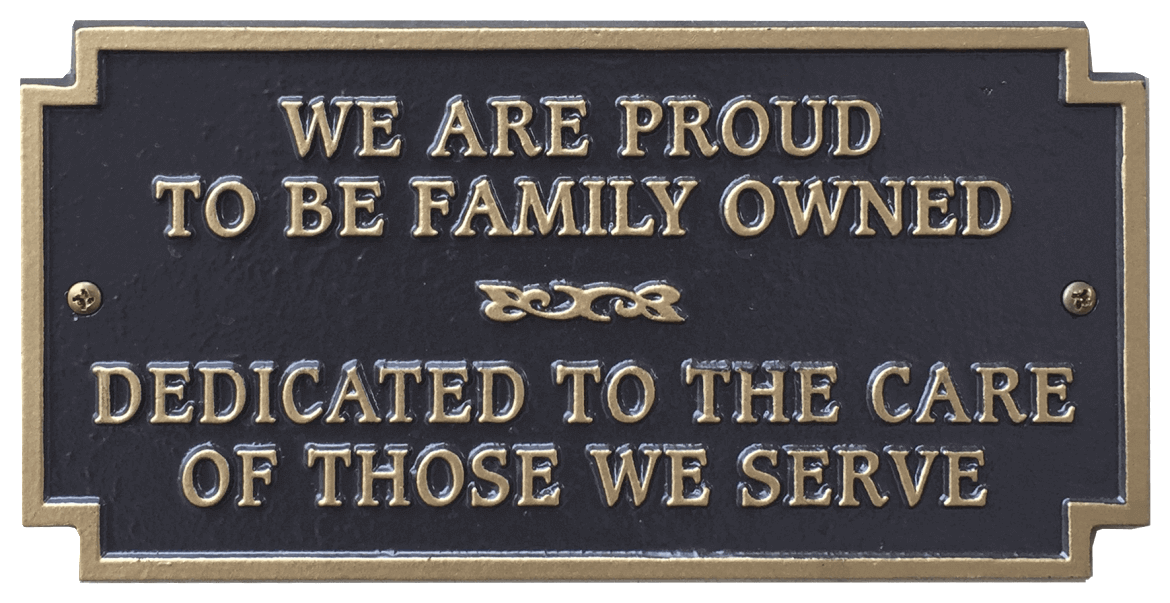Children & Grief
The emotional burden of losing a loved one can be too much to bear. You might experience anxiety, agitation, and distraction. It's normal to want to isolate yourself and deal with your own suffering. However, if you have kids, keep in mind that they are more in need of your help than ever. Your leadership will assist them in navigating this challenging journey, and their presence serves as a reminder of the beauty and continuity of life. Supporting them during their grief aids in your own recovery.
Grief is experienced differently by children than by adults. Their responses are influenced by their age, degree of maturity, relationship with the deceased, and the way in which the adults in their immediate vicinity deal with loss. As kids get older, they frequently look back on the experience of losing a loved one with fresh insight. This is healthy and typical. Your unwavering honesty and support lay the groundwork for their recovery.
Grief in Infants and Toddlers
Don't underestimate infants' and toddlers' ability to feel loss. Although they can't understand death conceptually, they absolutely sense absence. They notice when someone familiar is no longer there—someone they spent intimate time with, someone who held them, talked to them, cared for them. They feel the disruption to their routine and the sadness radiating from the adults around them.
Young children experience loss through their senses and emotions. If a grandparent who sang to them at bedtime is suddenly gone, they feel that absence deeply. The stress and grief of parents and caregivers directly impacts them. To help toddlers cope, increase physical comfort and security. Double your efforts with cuddling, holding, and reassuring touch. Create predictable routines. Your physical presence and love provide the security they need during this confusing time.
Supporting Younger Children
Young children frequently find it difficult to comprehend the reality and permanence of death. They occasionally mix fact and fiction, which is different from how adults think. Avoid using terms that are unclear at this point, such as "gone away," "lost," or "sleeping."
Euphemisms like these can backfire. Your child might feel rejected or abandoned if you say someone "went away," and they might even question whether they are to blame. If you say that the person is "sleeping," your child might start to fear death and sleep. Rather, use straightforward, honest language: "Grandma passed away. She refuses to return because her body is no longer functional. However, we can discuss and remember her.
Give them honest, age-appropriate answers to their questions. Permit them to ask as many questions as they require. It's common for certain kids to need to ask the same question over and over again. Repetition aids in their gradual comprehension. No matter how many times you respond to a question, always be kind and patient.
Supporting Teenagers
Usually, teenagers want to come across as strong and self-reliant. To demonstrate that they can "handle it," they might downplay or conceal their grief. Although this is normal for development, it could be dangerous. Teens who repress their grief may turn to risky coping strategies like substance abuse, reckless behavior, or withdrawal.
They might rather converse with their peers than their parents. Don't take this as a rejection. Peer support is beneficial and developmentally appropriate. But keep giving them chances to talk to you. Inform them of your availability without pressuring them. Listen without passing judgment. Feel their suffering. Remind them that you are there to help.
Most importantly, be open about your own loss. Many parents fear that expressing sadness will make their teenagers feel burdened. In actuality, the reverse is true. Teens learn that grieving is normal, healthy, and natural when they witness adults grieving honestly and openly. They observe that strong people weep. They are aware that recovery is achievable. Instead of repressing unpleasant emotions, this allows them to grieve in an authentic way.
Talking About the Deceased
Speaking candidly about a loved one is one of the most therapeutic practices. Talk about your memories, especially the good ones. Tell tales. Examine the pictures. Laugh at amusing situations. Honoring a life and preserving your loved one's memory in your family's heart is what this is all about, not moping.
Hearing these stories has a huge positive impact on kids. They find out about the deceased. Even after they pass away, they still feel connected. They realize that grieving and remembering are acceptable. Most importantly, they learn that death ends a life, not a relationship.
Involving Children in Funeral Services
Many parents question if their kids should go to viewings or funerals. Generally speaking, the answer is yes—with support and planning. Children who attend services are better able to participate in family grieving customs and comprehend the finality of death.
Get them ready before the service. Tell them what to expect: "We're heading to a location where people congregate to honor Grandpa. People may be crying because they are depressed. It's alright. It's acceptable for you to feel depressed as well. Inquire if they would like to see the body. Let them make the decision. While some kids find this useful, others don't. Both options are legitimate.
Sit close to your child during the service. Allow them to hold your hand or sit with you. It's okay if they have to go. There is no "right way" to attend a funeral. It's important that they have the chance to grieve with their family and that they feel supported.
When to Seek Professional Help
Most children grieve within normal ranges and heal with family support. However, some may benefit from professional grief counseling. Consider counseling if your child:
- Shows no emotional response weeks after the death
- Engages in harmful behaviors
- Refuses to attend school or participate in activities
- Has significant sleep or appetite changes lasting months
- Expresses suicidal thoughts
Professional counselors who specialize in child grief can provide valuable tools and support.


